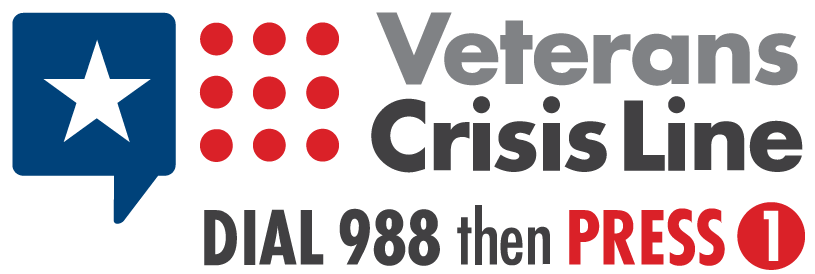Service Connection
Service connection, also known as VA disability compensation, is a monthly tax-free benefit awarded to a Veteran who sustained an injury during their military service.
There is no time limit to file a claim for service connection, and some Veterans don’t begin suffering from medical symptoms until several years after their military discharge. Because of this, sometimes Veterans face difficulty due to a lack of proper service or medical records documenting an injury.

Types of Service Connection
VA could grant service connection in five different ways:
Secondary Service Connection
Presumptive Service Connection
Service Connection for an Aggravated, Pre-Existing Condition
Service Connection Caused by VA Treatment or Vocational Rehabilitation
If you are a Veteran seeking service connection, you need to submit an initial claim for disability compensation; you can do so here.
Denied Service Connection
If VA denies a claim for service connection, the Veteran can appeal that decision within one year of the date on the Rating Decision.
If you’ve received an unfavorable decision from VA, Bergmann & Moore may be able to help.
Click the Start Now button below to receive a Free Consultation.

One of the largest law firms in the country practicing solely in the area of Veterans’ benefits. Managed by former VA attorneys. We know the journey and can get you through.
Disclaimer: The information contained on this website is not legal advice. Using the information provided on this website or contacting Bergmann & Moore, LLC does not establish an attorney-client relationship. [Privacy Policy]


